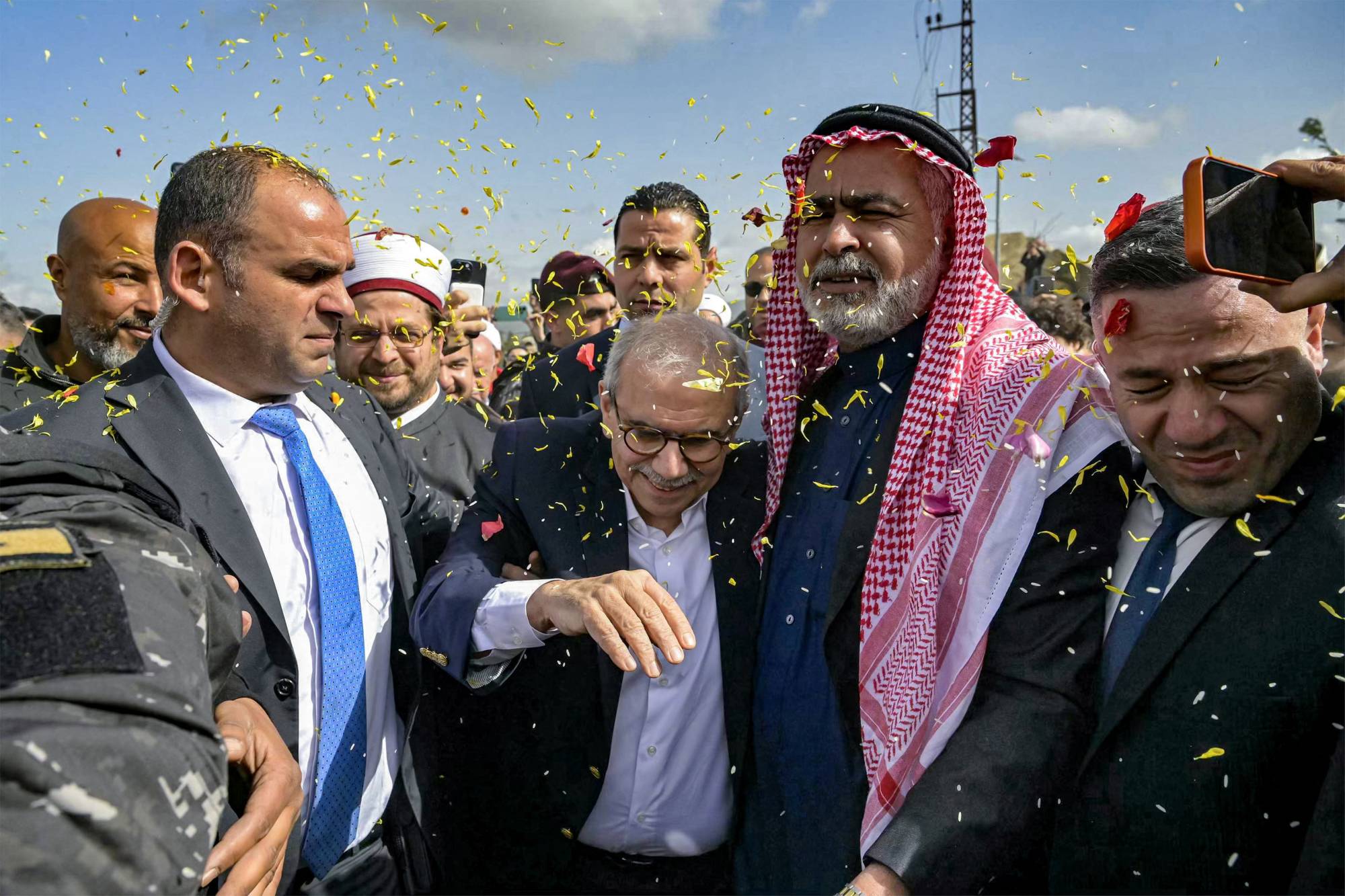Experts from the guarantor states held a round of consultations on Wednesday in the Kazakh capital to prepare for the 6th round of talks on Syria, which will be officially launched on Thursday and is expected to witness the signing of an agreement on the establishment of a de-escalation zone in Idlib governorate.
The United States confirmed its participation as an observer in this meeting, but expressed concern over Iran’s presence in Astana as a guarantor state.
Meanwhile, Iranian Foreign Minister Mohammed Javad Zarif arrived in Moscow on Wednesday, on an unannounced visit, to discuss the Syrian file with Russian Foreign Minister Sergei Lavrov and President Vladimir Putin.
Delegates from countries and parties involved in the Astana negotiations will take part in the talks, including the Guarantor States (Russia, Turkey and Iran), representatives of the Syrian regime and the Syrian opposition factions, the United Nations represented by International Envoy Staffan de Mistura, as well as Jordan and the United States as observers.
David Satterfield, the US acting assistant secretary of state for Near Eastern affairs, will head the US delegation.
In a statement, the US State Department said Satterfield would “reinforce US support for all efforts to achieve a sustainable de-escalation of violence and provision of unhindered humanitarian aid.”
But it said Washington “remains concerned with Iran’s involvement as a so-called 'guarantor' of the Astana process.”
The State Department went on to say that Iran’s “activities in Syria and unquestioning support” for President Bashar al-Assad’s government “have perpetuated the conflict and increased the suffering of ordinary Syrians.”
The Kazakh foreign ministry said that Thursday’s talks were expected to focus on the establishment of a de-escalation zone in Idlib and the strengthening of the cease-fire in other areas.
The Kremlin said in a statement that talks between Putin and Zarif have touched on the situation in the Middle East, particularly in Syria, Iraq and the Gulf region, and the fight against terrorism.
For his part, the Russian foreign minister said following his meeting with Zarif that discussions have focused on the situation in Syria and Iraq, expressing hope that the current round of Astana negotiations would be successful.




![Participants of Syria peace talks attend the meeting in Astana, Kazakhstan, on January 23 [Reuters/Mukhtar Kholdorbekov]](https://static.srpcdigital.com/styles/1037xauto/public/2017/09/14/astana-reuters.jpg.webp)





